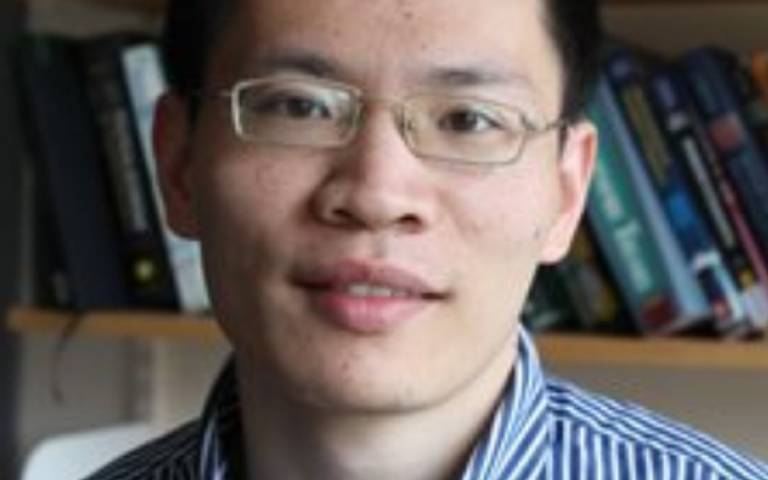The Roots and Consequence of Euroscepticism: Theory and Some New Evidence
22 January 2020, 4:00 pm–6:00 pm

Join us for a seminar as part of the CCSEE Seminar Series, with speaker Dr Pei Kuang
This event is free.
Event Information
Open to
- All
Availability
- Yes
Cost
- Free
Organiser
-
CCSEE
Location
-
Masaryk RoomSSEES16 Taviton StreetLondonWC1H 0BW
To explain the recent rise of Euroscepticism or populism, the literature typically examines causes (e.g., welfare cut, globalization, policy reform, and recession) for an individual country and uses objective data. This paper identifies a common economic cause, i.e., "feeling of being left behind", for the recent rise of Euroscepticism across the member states of the European Union (EU). We provide a theoretical and empirical analysis on the formation of public opinion on the future of the EU and its consequence for the strength of popular support for Eurosceptic parties. Stronger feeling of being left behind among voters will lead to growing pessimism about the EU's future and rising support for Eurosceptic parties, implied by our theoretical model and supported by evidence using Eurobarometer surveys in 28 EU member states and data on election outcomes.
About the Speaker
Dr Pei Kuang
Dr Pei Kuang is a Senior Lecturer in Macroeconomics at University of Birmingham. His research focuses on empirical and theoretical analysis of the formation of expectations and perceptions and its implications for business cycle and asset markets fluctuations, macroeconomic policy design, and political behaviour. He has published in the NBER Macroeconomics Annual, Journal of Monetary Economics, and European Economic Review.
 Close
Close

